The THCA flower, a non-psychoactive component of cannabis, has been found to possess significant antioxidant properties, effectively countering oxidative stress linked to various health issues and aging. Its antioxidant capacity is attributed to the presence of compounds like betacaryophyllene and myrcene, which are effective in neutralizing free radicals. Studies indicate that THCA flower may offer benefits for cardiovascular health, inflammation reduction, and potentially alleviate symptoms related to oxidative stress-associated diseases such as certain cancers and neurodegenerative disorders. The potential of THCA flower is under active investigation within the scientific community for its therapeutic applications. It's important for users to start with low doses, understand the legal status in their jurisdiction, and consider individual health conditions and medication interactions before incorporating THCA flower into their wellness routine, due to its antioxidant properties and potential side effects like dry mouth and eyes. Always consult healthcare professionals for personalized advice and ensure the sourcing of high-quality THCA flower from reputable vendors with transparent lab test results. Ethical considerations also extend to the broader implications for public safety and societal well-being, advocating for responsible use in compliance with legal statutes.
Exploring the multifaceted impact of THCA flower, this article sheds light on its potent antioxidant properties and their contributions to health. Delving into the science behind these compounds, we uncover the benefits and potential risks associated with their consumption. Understanding the composition and properties of THCA flower is essential for informed usage, as is adhering to dosage guidelines to mitigate side effects. Navigating the complex legal landscape of THCA flower use is also critical for users. Join us as we provide a comprehensive overview of THCA flower’s role in health and wellness, ensuring readers are equipped with knowledge to make safe and informed decisions.
- Unveiling the Antioxidant Potential of THCA Flower: A Closer Look
- The Science Behind THCA Flower: Antioxidants and Their Health Implications
- THCA Flower in Detail: Composition, Properties, and Benefits
- Potential Side Effects of THCA Flower Consumption: What Users Should Know
- Mitigating Risks: Safe Usage and Dosage Guidelines for THCA Flower
- Navigating the Legal Landscape and Ethical Considerations of THCA Flower Use
Unveiling the Antioxidant Potential of THCA Flower: A Closer Look
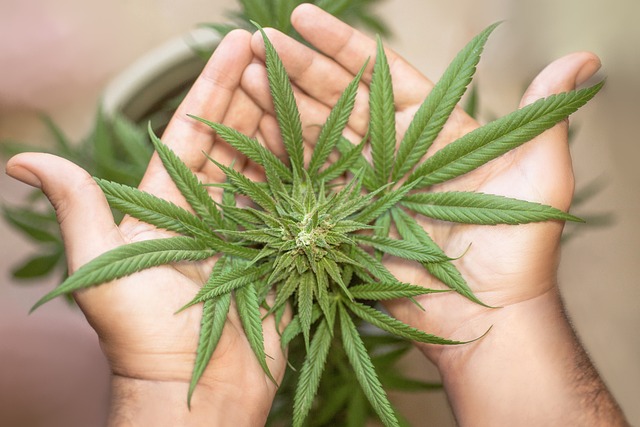
Cannabidiolic acid (THCA) flour, a non-psychoactive compound found in the cannabis plant, has garnered attention for its potential health benefits, particularly its antioxidant properties. The THCA molecule, which precursor to THC upon heating, exhibits a robust capacity to counteract oxidative stress, a condition associated with a myriad of diseases and aging processes. Laboratory studies have demonstrated that THCA flower possesses a unique profile of antioxidants, which can neutralize harmful free radicals more effectively than some vitamins, such as vitamin C and E. These findings suggest that THCA flower may offer protective effects against oxidative damage, a fundamental mechanism behind various chronic conditions. The presence of certain cannabinoids like THCA is linked to an enhanced antioxidant potential, which could potentially be harnessed for therapeutic use in the management of oxidative stress-related disorders. As research progresses, the precise mechanisms by which THCA flower exerts its antioxidant effects become clearer, offering promising avenues for future medicinal applications.
The Science Behind THCA Flower: Antioxidants and Their Health Implications
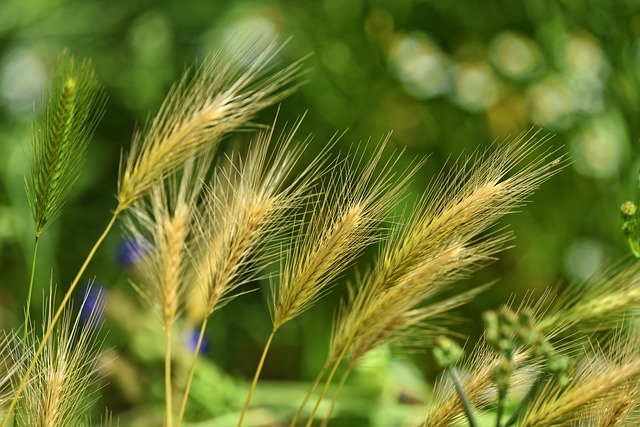
Betacaryophyllene and myrcene are among the prominent antioxidants found in THCA flower, a non-psychoactive form of cannabis that has garnered attention for its potential health benefits. These antioxidant properties are not merely academic interests; they have tangible implications for human health. Antioxidants like betacaryophyllene and myrcene play a critical role in neutralizing free radicals, which are unstable molecules that can cause oxidative stress and contribute to various chronic diseases when their levels exceed the body’s ability to counteract them. The presence of these antioxidants in THCA flower suggests a mechanism by which it may support overall health and well-being.
Research has indicated that the antioxidant properties of THCA flower can contribute to protecting cells from damage, promoting cardiovascular health, and potentially reducing inflammation. The implications are far-reaching, as maintaining a balance between pro-oxidants and antioxidants is crucial for preventing diseases associated with oxidative stress, such as certain cancers, neurodegenerative disorders like Alzheimer’s disease, and metabolic syndrome. Thus, the scientific community continues to explore the full spectrum of THCA flower’s antioxidant potential and its applications in health and medicine.
THCA Flower in Detail: Composition, Properties, and Benefits

The THCA flower, which contains tetrahydrocannabinolic acid, a non-psychoactive cannabinoid found in hemp and cannabis plants, has garnered attention for its potential health benefits. THCA is the precursor to THC (tetrahydrocannabinol), the psychoactive component of cannabis. Unlike THC, THCA interacts with the body’s endocannabinoid system without inducing a high. This compound is renowned for its antioxidant properties, which can help combat oxidative stress and may contribute to overall cellular health. The antioxidant effects of THCA are significant due to its ability to neutralize free radicals, potentially aiding in the prevention of cellular damage associated with various diseases and aging.
Research into the properties of THCA flower has revealed that it contains a rich profile of compounds beyond cannabinoids, including terpenes and flavonoids. These phytochemicals contribute to the entourage effect, enhancing the potential therapeutic benefits when consumed in their natural form. The THCA flower’s terpene composition can vary widely depending on the strain, influencing its aroma, flavor, and effects. For instance, myrcene is commonly found and is known for its sedative and anti-inflammatory properties, while limonene may offer mood-boosting benefits. The flavonoids present in THCA flower, such as cannflavin A, are also being studied for their unique antioxidant capabilities that could complement the plant’s existing therapeutic potential. These combined properties make the THCA flower a subject of interest in natural health and wellness circles.
Potential Side Effects of THCA Flower Consumption: What Users Should Know
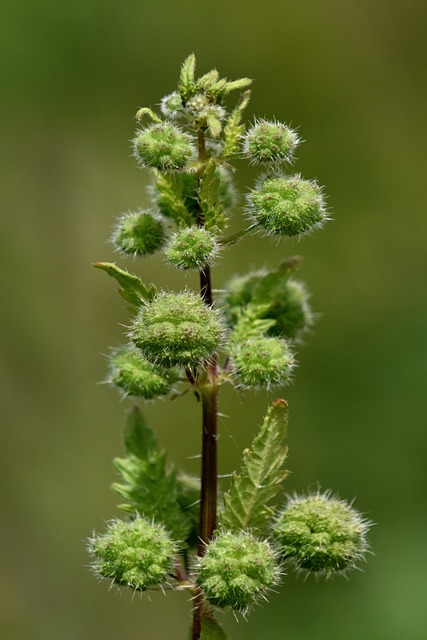
THCA, or tetrahydrocannabinolic acid, is the non-psychoactive precursor to THC found in the cannabis plant. While it’s known for its antioxidant properties, which can potentially protect cells from damage caused by oxidative stress, users should be cognizant of its side effects upon consumption. The antioxidant properties of THCA flower are being explored for their potential health benefits, particularly in the context of reducing inflammation and protecting neurological function. However, like all compounds, it’s not without its risks. Common side effects may include dry mouth and dry eyes, which are typically mild and temporary. Users might also experience psychoactive effects, such as altered perception, mood changes, or impaired motor skills, although these are more commonly associated with THC, the compound THCA converts into. It’s crucial for users to start with small doses to gauge their individual reaction and proceed with caution, especially if they have pre-existing health conditions or are taking other medications. Monitoring the effects and consulting with a healthcare professional before incorporating THCA flower into one’s regimen is advisable to mitigate potential adverse reactions. Users should also be aware of the legal status of THCA flower in their jurisdiction, as regulations vary widely.
Mitigating Risks: Safe Usage and Dosage Guidelines for THCA Flower
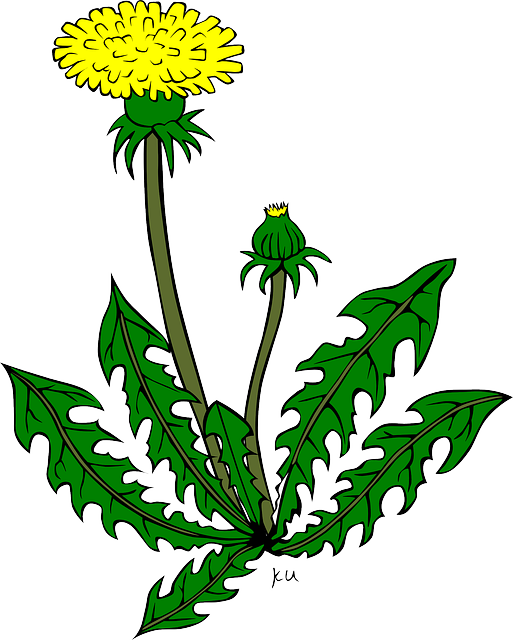
When incorporating THCA flower into one’s wellness routine, adherence to safe usage and dosage guidelines is paramount. THCA, or Tetrahydrocannabinolic Acid, is a non-psychoactive cannabinoid found in raw cannabis plants, which, when heated, converts to the more well-known THC. Due to its antioxidant properties, THCA flower is believed to offer a range of health benefits, including potential anti-inflammatory and neuroprotective effects. To mitigate risks associated with its use, it’s essential to start with a low dose to gauge individual sensitivity. Consumers should follow a “start low and go slow” approach, as overconsumption can lead to adverse effects. The recommended dosage can vary based on the individual’s body chemistry, tolerance, and desired outcomes. It’s also crucial to source THCA flower from reputable dispensaries or cultivators who provide clear lab test results to ensure product purity and accurate cannabinoid concentrations. Regular monitoring of one’s response to the compound and consulting with a healthcare provider before use, especially for individuals taking other medications or with pre-existing health conditions, can further help in managing potential side effects and maximizing the benefits of THCA flower’s antioxidant properties.
Navigating the Legal Landscape and Ethical Considerations of THCA Flower Use
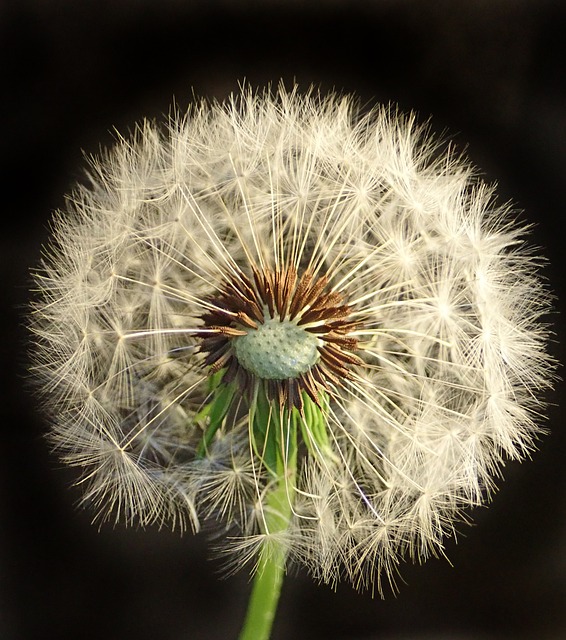
Navigating the legal landscape of THCA flower use is complex and varies by jurisdiction, necessitating a thorough understanding of local laws before consumption. As of my knowledge cutoff in early 2023, some regions have legalized cannabis derivatives with varying restrictions, while others maintain strict prohibitions. It’s crucial for individuals to be informed about their local regulations, as the legality of THCA flower can depend on state or country laws, and even within states or countries, different rules may apply at the municipal level.
In parallel with legal considerations, ethical discussions surrounding THCA flower use revolve around its potential health benefits and risks. One of the notable attributes of the THCA flower is its antioxidant properties, which can contribute to cellular health and overall well-being. These properties may offer protective effects against oxidative stress, a condition linked to various diseases. However, the ethical implications of its use extend beyond personal health; they encompass broader societal concerns such as the impact on public safety, the potential for diversion into illicit markets, and the importance of responsible consumption. As with any substance that affects cognitive function, there is an obligation to consider the effects on one’s mental faculties and social behavior. Ethical use advocates for responsible policies and practices that prioritize individual and community well-being while respecting the law. It’s a multifaceted issue that requires careful deliberation by policymakers, healthcare professionals, and society as a whole.
In conclusion, the exploration into the antioxidant properties of THCA flower has shed light on its potential health benefits. The science underscores the importance of THCA as a non-psychoactive compound with promising therapeutic applications. Users should be well-informed about the consumption of THCA flower, as it carries both advantages and side effects that warrant careful consideration. Adhering to safe usage and dosage guidelines is crucial for mitigating potential risks. As legal frameworks evolve, it’s imperative for individuals to navigate this landscape with a clear understanding of the ethical considerations involved in incorporating THCA flower into their wellness regimen. With informed use, the antioxidant-rich nature of THCA flower may offer significant health benefits, making it a subject of ongoing interest and research within the field of natural medicine.
